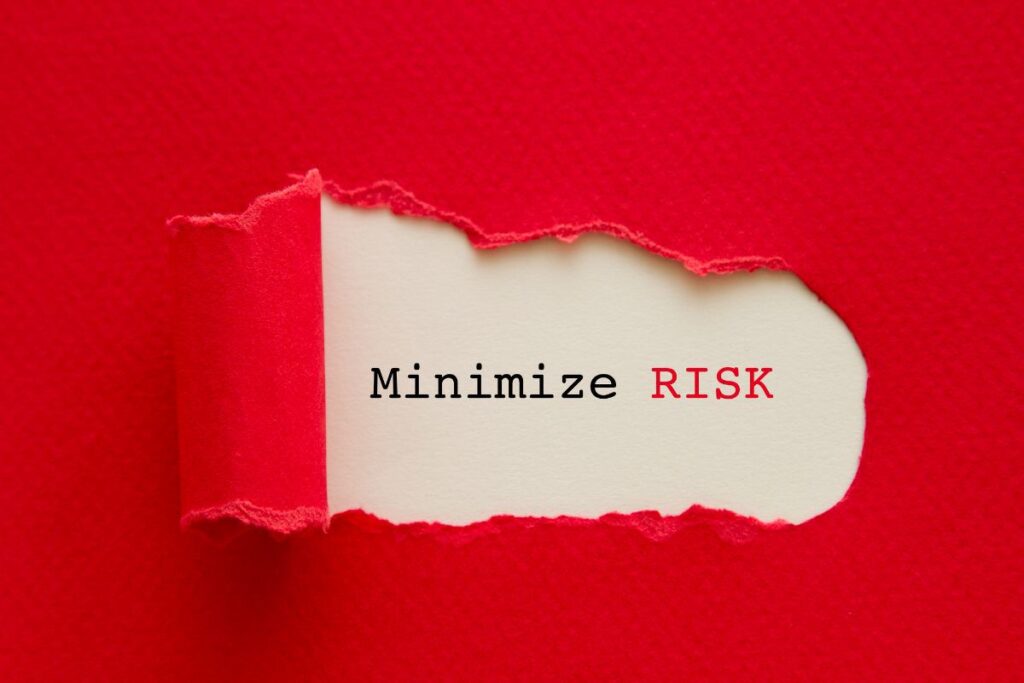Doctors and other healthcare facilities that submit health insurance claims have recently experienced increased scrutiny by insurance companies and the federal government. As a result, allegations of Medicaid and Medicare fraud have become particularly common, often leading to civil liability, criminal charges, and an accompanying loss of one’s medical license. Given the severity of the potential consequences of a finding of healthcare fraud, medical professionals should take all steps necessary to minimize the risk of these allegations.
Common Healthcare Fraud Schemes
Many healthcare fraud charges stem from fraudulent billing for patient services. Various regulations govern the issuance of bills and documentation of services underlying those bills. For example, one common example of fraud resulting from an insurance audit might occur when a doctor fraudulently bills insurance companies or Medicare for “unnecessary” medical procedures or treatment or treatment that never occurred. Another type of scheme may occur when doctors bill for medical treatments for fictitious patients or patients falsely using the identities of others. A few other types of fraud include:
- Inefficiencies that cause waste, such as ordering excessive amounts of diagnostics tests or exploratory procedures;
- Upcoding claims, or billing for more expensive treatment than was provided;
- Unbundling, or billing for different parts of a procedure separately to get higher insurance payments;
- Accepting kickbacks or financial compensation for patient referrals;
- Waiving patient co-payments or deductibles to overbill the insurer; and
- Dishonestly prescribing certain drugs so the doctor profits from the sale.
Tips to Avoid Allegations of Healthcare Fraud
Doctors and medical practices can take some steps to minimize the possibility of healthcare fraud occurring by staff members, as well as to avoid the potential for allegations of fraud against them. For example, doctors should never accept payment for patient referrals or perform procedures that insurers otherwise would never cover. Additionally, doctors should:
- Never falsify medical records, intentionally misdiagnose a patient, or misrepresent treatment to increase potential billing;
- Bill only for medical services that they perform and avoid inflating services;
- Completely and closely review every claim before submission to ensure that it contains no incorrect information;
- Hire an experienced and trustworthy professional to handle insurance billing and coding;
- Never inflate the prices for services rendered; and
- Perform only medically necessary treatments and procedures.
When You Are Subject to an Insurance Fraud Audit
An insurance fraud audit or investigation can be enough to trigger disciplinary proceedings before the TMB, even if you have not been formally convicted or even charged with a crime. Although Tex. Occ. Code § 164.051 provides that a conviction for a felony or a misdemeanor involving moral turpitude is a basis for disciplinary action, Tex. Occ. Code § 164.052 states that physicians also commit a prohibited practice if they commit unprofessional or dishonorable conduct that is likely to deceive, defraud, or injure the public. Under Tex. Occ. Code § 164.053, “unprofessional or dishonorable conduct” is any act that violates state or federal law if connected with the practice of medicine.
Insurance fraud involving medical billing is sufficiently related to the practice of medicine to form the basis for disciplinary proceedings before the TMB. This section explicitly states that a complaint, indictment, or criminal conviction is not required for the TMB to take disciplinary action against a doctor. Proof of committing insurance fraud while practicing medicine is sufficient for the TMB to warrant discipline.
22 Tex. Admin. Code § 190.8(2)(J) also explicitly states that: “providing medically unnecessary services to a patient or a third-party payer that the licensee knew or should have known was improper” violates the rules that govern physicians. This section further states that “[i]mproper” means the billing statement is false, fraudulent, misrepresents services provided, or otherwise does not meet professional standards.” As providing medically unnecessary services for billing is a common type of healthcare fraud, it also is a basis for disciplinary action by the TMB.
Click to contact our professional license defense lawyers today
Potential Sanctions for Healthcare Fraud in TMB Disciplinary Cases
You may face various civil and criminal sanctions for healthcare fraud at the federal and state levels. However, you can also face serious sanctions resulting from TMB disciplinary proceedings that can directly affect your ability to continue practicing medicine. These potential sanctions may include the following:
- Revocation or suspension of your license;
- Placement on probation during a license suspension;
- Public or private reprimand;
- Placement of restrictions or limitations on your license; and
- Assessment of an administrative penalty.
Any felony convictions stemming from insurance fraud also will result in the TMB revoking your medical license.
Complete a Case Evaluation form now
Potential TMB Sanctions in Insurance Fraud Cases
The TMB must consider certain factors in determining the appropriate sanctions against a medical professional, including:
- Whether you are being disciplined for multiple violations of the law or rules applicable to medical professionals
- Whether you previously have been disciplined by the TMB
Insurance fraud cases typically involve multiple allegations of billing or other violations of the law that often occur over lengthy periods. As a result, doctors may be subject to harsher penalties by the TMB for insurance fraud than in cases where they receive discipline for one isolated incident.
Bertolino LLP: A Law Firm Who Will Stand Up to the TMB to Defend Your Medical License
When a complaint threatens your ability to earn a living, you should not delay retaining a seasoned medical license defense attorney to represent your interests. The sooner you contact us about your healthcare insurance fraud or other disciplinary matter, the sooner we can start working on your case. Contact the lawyers of Bertolino LLP today by calling (512) 515-9518 or visiting us online.
Call or text (512) 476-5757 or complete a Case Evaluation form



